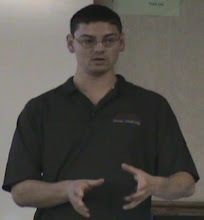This is a very gentle introductory course on quantum mechanics aimed at the first years of the undergraduate level. The basic concepts are introduced, with many applications and illustrations. Contains 12 short chapters of equal length, ideal for a one term course. The license allows reuse of figures and text under the Attribution-Noncommercial-ShareAlike conditions.
I skimmed through the table of contents and some of the text: some of the early chapters definitely seems applicable to some one new to quantum computing. I know I ended up spending quite a bit of money on books when I first started researching the subject, so one posted on arXiv is certainly a plus.

